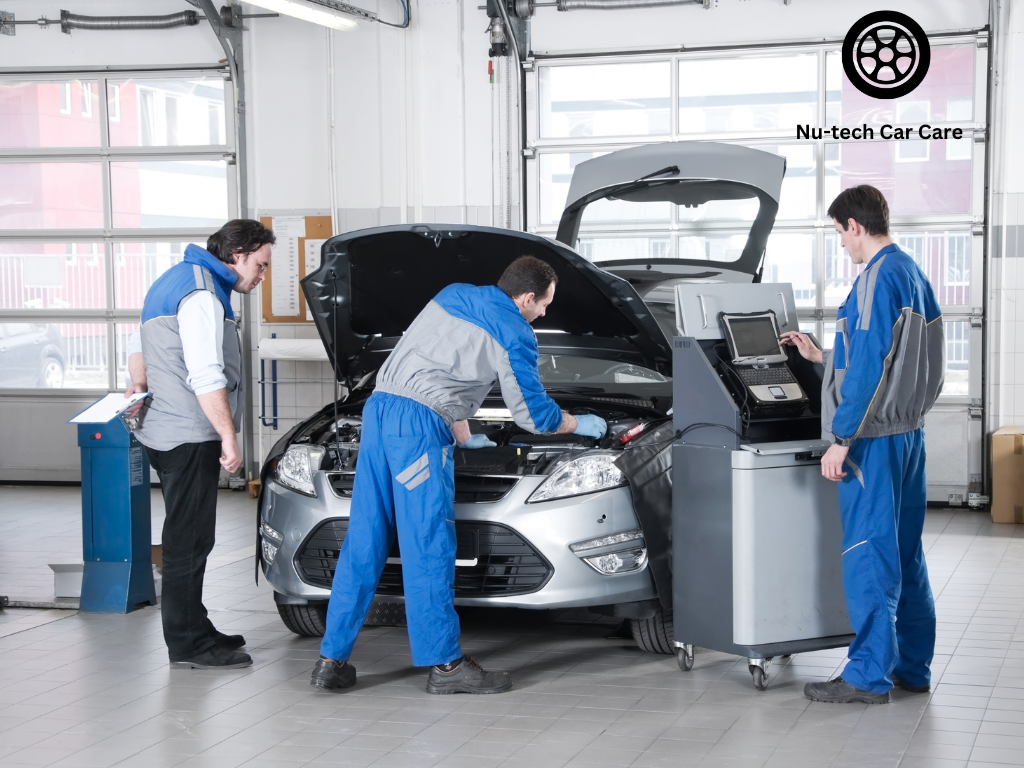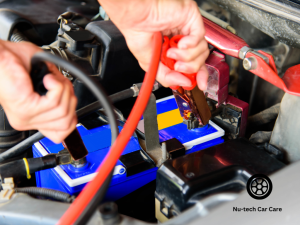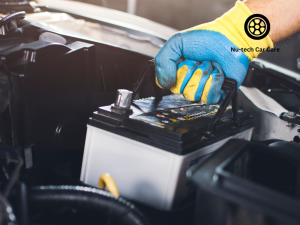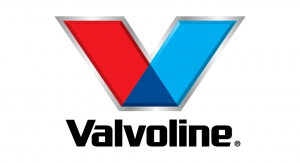When it comes to car repair, one size does not fit all. Different car models, each with their unique designs and mechanical systems, require specialized care and expertise. Model-specific repair services cater to the precise needs of each type of vehicle, ensuring that repairs and maintenance are performed accurately and efficiently. Specialized care is crucial not only for maintaining the optimal performance of the car but also for preserving its longevity and resale value.
Differences in Repair Needs Across Car Brands
Car brands and models vary significantly in their engineering, technology, and components. As a result, the repair needs for a luxury European car will differ vastly from those of an American-made sedan or a Japanese compact car. Each brand often has its specific set of common issues, maintenance requirements, and service procedures. Understanding these nuances is key to providing the best care for each vehicle.
Benefits of Brand-Specific Car Repair Services
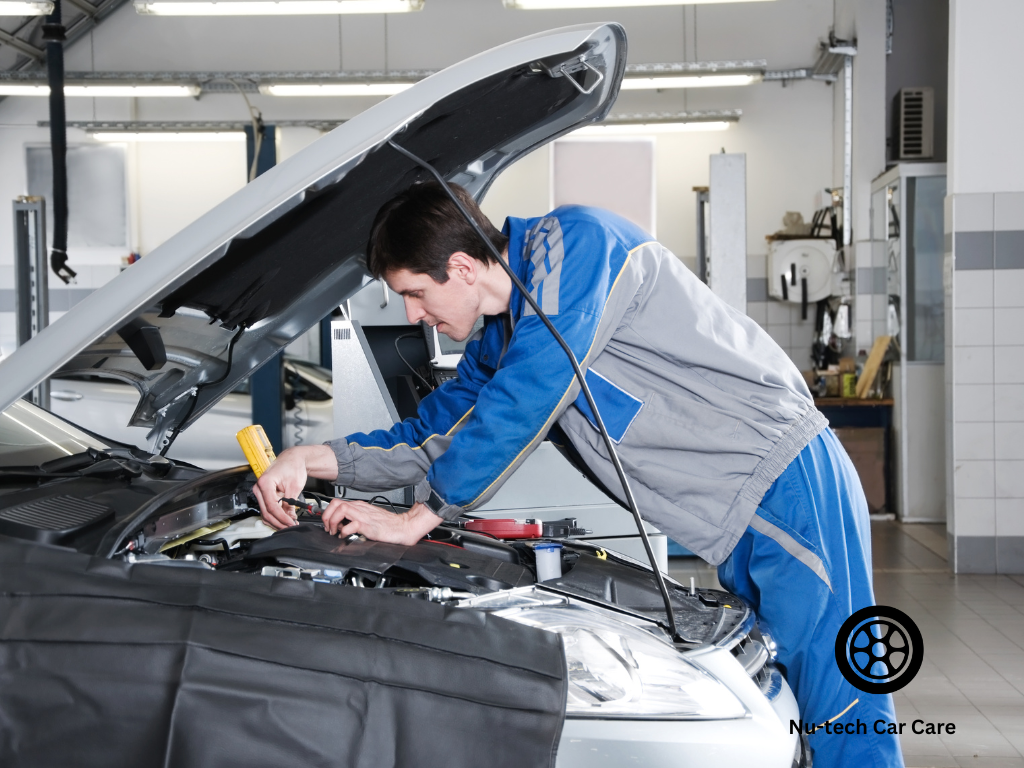
Expert Knowledge and Skills
Technicians who specialize in specific car brands bring a wealth of expertise and deep knowledge about those particular vehicles. They are often trained to handle the brand’s unique systems and are familiar with the latest technologies and updates. This expertise ensures that they can diagnose issues more accurately and provide solutions that are tailored to the car’s specific requirements.
Access to the Right Tools and Equipment
Brand-specific repair services are typically equipped with the specialized tools and equipment needed for particular car models. These tools are essential for performing precise and effective repairs, especially for advanced vehicle systems. Access to the right equipment means that repairs can be done correctly, without risking damage to the vehicle’s sophisticated components.
Identifying the Right Service for Your Car Model
Assessing the Needs of Different Car Models
Choosing the right repair service begins with understanding the specific needs of your car model. This includes considering the vehicle’s age, typical wear and tear issues associated with the model, and any special maintenance requirements. Knowing your car’s history and common issues can guide you in selecting a service provider who is well-versed in handling your specific model.
Finding Specialized Repair Services
Locating specialized repair services for your car model involves research and due diligence. Start by seeking recommendations from other owners of similar models or consult online forums and communities. Look for repair shops with certified technicians who have experience working with your car’s brand. It’s also helpful to check reviews and ratings to gauge the quality of their services.
Challenges in Finding Model-Specific Repair Services
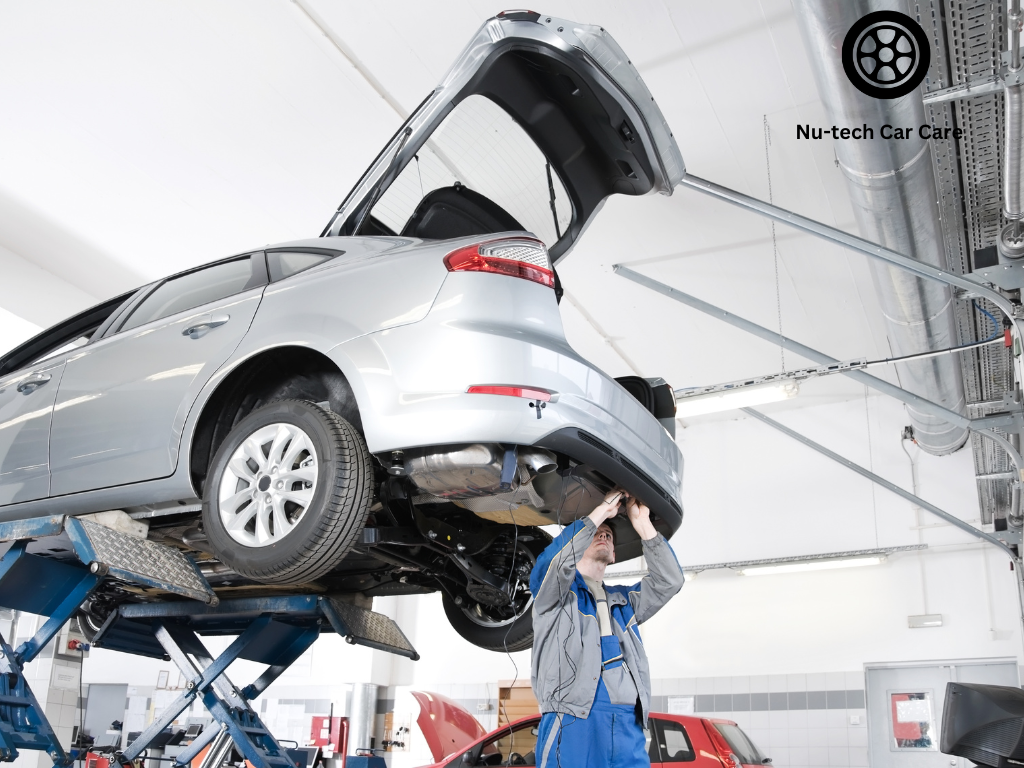
Navigating Availability and Accessibility
One of the primary challenges in finding model-specific repair services is the limited availability, especially for certain luxury or foreign car models. In many regions, specialized repair shops may be few and far between, requiring owners to travel significant distances. Moreover, for owners of older or less common models, finding a service provider with the requisite expertise can be even more challenging. This scarcity often necessitates extensive research and networking within automotive communities to identify suitable service providers.
Cost Implications
Specialized car repair services, particularly for high-end or imported models, often come with a higher price tag compared to standard repair shops. This is due to the specialized training of technicians, the use of specific tools and equipment, and sometimes the cost of importing certain parts. Car owners need to be prepared for these additional expenses, which are often justified by the higher quality and model-specific expertise offered by these services.
Maintaining Your Car According to Manufacturer Specifications
Following the Manufacturer’s Service Schedule
Adhering to the manufacturer’s service schedule is crucial for maintaining the health and longevity of your car. These schedules are designed specifically for each model and outline necessary maintenance tasks at set intervals. Sticking to this schedule ensures that your car functions optimally and can also be a requirement for keeping warranties valid. Model-specific repair services are often more adept at following these schedules precisely, compared to general repair shops.
Using OEM Parts vs. Aftermarket Parts
| Aspect | OEM Parts (Original Equipment Manufacturer) | Aftermarket Parts |
|---|---|---|
| Description | Manufactured by the company that made the parts for the car’s original build. They match the parts that came with your vehicle when it was new. | Produced by a company other than your car’s manufacturer. They can be used as replacement parts but are not made specifically for your car model. |
| Quality | High and consistent, as they are essentially the same as the original parts. | Varies widely, ranging from lower to higher quality than OEM parts. |
| Cost | Generally more expensive due to brand premium and guaranteed compatibility. | Usually cheaper, offering a wider range of prices and quality levels. |
| Fit and Compatibility | Guaranteed to fit and function exactly like the original part, ensuring compatibility. | May or may not match the exact specifications of your car, which can affect performance. |
| Warranty and Insurance | Typically does not affect the car’s warranty; preferred by insurance companies. | May void warranty in some cases; not always preferred by insurance companies. |
Adapting to Technological Innovations in Car Models
Keeping Up with Advanced Automotive Technologies
As automotive technology rapidly evolves, staying current with the latest advancements becomes a challenge for repair services. Newer car models often come equipped with advanced features like hybrid systems, electronic driver-assist technologies, and computerized diagnostics. Repair shops specializing in specific models must continuously update their knowledge and tools to effectively service these advanced vehicles.
Training and Expertise in New Car Technologies
This challenge extends to the training and expertise required by technicians. Continuous education and training become crucial for mechanics to stay adept at servicing newer models. This includes understanding complex electronic systems, software updates, and the nuances of hybrid and electric vehicle technologies. For car owners, choosing a service provider who invests in such ongoing training is important to ensure that their modern vehicles receive the most competent care.
Collaborating with Dealerships and Independent Specialists
Working with Dealership Service Centers
Dealership service centers offer a high level of expertise, especially for specific car models. They employ technicians trained by the manufacturer and have direct access to OEM parts. Dealerships are particularly advantageous for newer models still under warranty and for complex issues that require brand-specific diagnostic tools and software. However, services at dealerships can be more expensive, and for older models or out-of-warranty cars, the cost might not always justify the benefits.
Choosing Independent Specialists
Independent specialists provide a more personalized service and often at a lower cost than dealerships. Many independent mechanics possess expertise in specific car brands or models and can offer high-quality services with a more hands-on approach. They are a good option for out-of-warranty vehicles and can also offer aftermarket parts to reduce costs. When selecting an independent specialist, it’s crucial to verify their credentials, experience with your car model, and customer reviews.
Warranty and Insurance Considerations for Specific Models
Understanding Warranty Implications
When servicing a car, especially a newer model, it’s important to understand how different types of repairs can impact the vehicle’s warranty. Some warranties may require that all repairs and maintenance be performed by authorized dealerships or with OEM parts to remain valid. Car owners should thoroughly read their warranty terms and discuss with the service provider to ensure that any work done complies with these conditions.
Insurance Coverage for Model-Specific Repairs
For repairs following accidents or damage, insurance coverage plays a significant role. Understanding what your policy covers in terms of parts (OEM or aftermarket) and service providers is vital. In some cases, insurance companies have preferred repair shops, but owners should confirm whether these shops have the necessary expertise for their specific car model.
Conclusion
An informed car owner is key to ensuring the best care for their vehicle. This involves understanding the specific needs of your car model, being aware of warranty and insurance implications, and making educated decisions about who services your vehicle. Staying updated on new technologies, service practices, and industry trends will also help you make choices that maintain the value and performance of your car over time.

